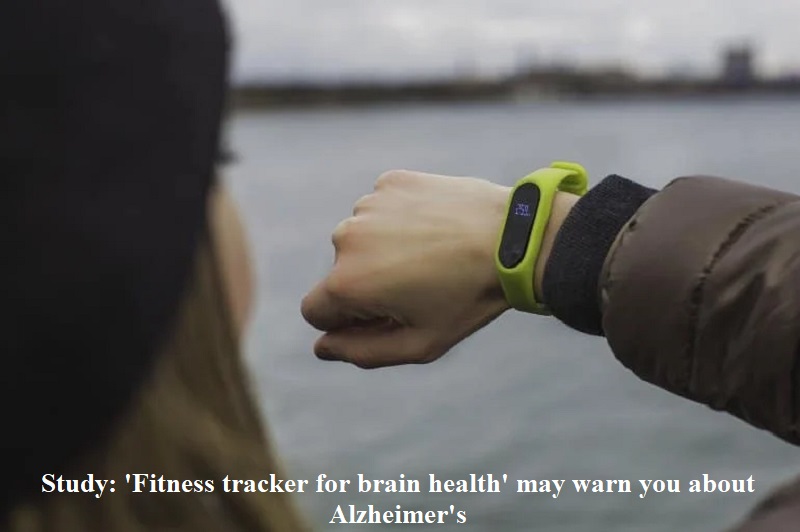
Alzheimer’s disease, the most prevalent form of dementia, currently lacks a cure. According to the World Health Organization (WHO), it accounts for 60-70 percent of dementia cases, affecting more than 55 million individuals worldwide. While a cure remains elusive, considerable effort is directed towards prevention and early detection.
An innovative addition to the fight against Alzheimer’s is a brain health “fitness tracker.” Developed by a collaborative team from the University of Colorado, the University of Miami, and Washington University, this custom-made headband employs electroencephalography (EEG) to monitor brainwave patterns. These patterns may indicate early signs of dementia well before behavioral changes become apparent.
Clinical neurologist Brice McConnell from the University of Colorado describes this development as a significant advancement in detecting and mitigating Alzheimer’s disease at its earliest stages, using accessible and scalable headband devices in a home setting.
The research involved 205 older adults who wore these headbands. Researchers utilized the headbands to identify neural events such as theta bursts, sleep spindles, and slow waves – specific types of brain activity linked to memory processing during sleep.
Scientists have previously observed a connection between poor sleep quality and Alzheimer’s. However, the exact nature of this link has remained elusive. Presently, the relationship between sleep and Alzheimer’s progression, as well as its reverse influence, remains unclear.
The research team focused on identifying changes in neural patterns during sleep. They particularly looked for patterns that could be associated with the accumulation of amyloid tau proteins, which are typically found in the brains of Alzheimer’s patients.
According to McConnell, “What we found is these abnormal levels of proteins are related to sleep memory reactivations, which we could identify in people’s brainwave patterns before they experienced any symptoms.”
The widespread availability of such headbands may still take some time as ongoing research seeks to pinpoint the exact causes of Alzheimer’s. However, when these headbands do become readily accessible, they could represent a significant step forward in the fight against Alzheimer’s disease.

Post Your Comments